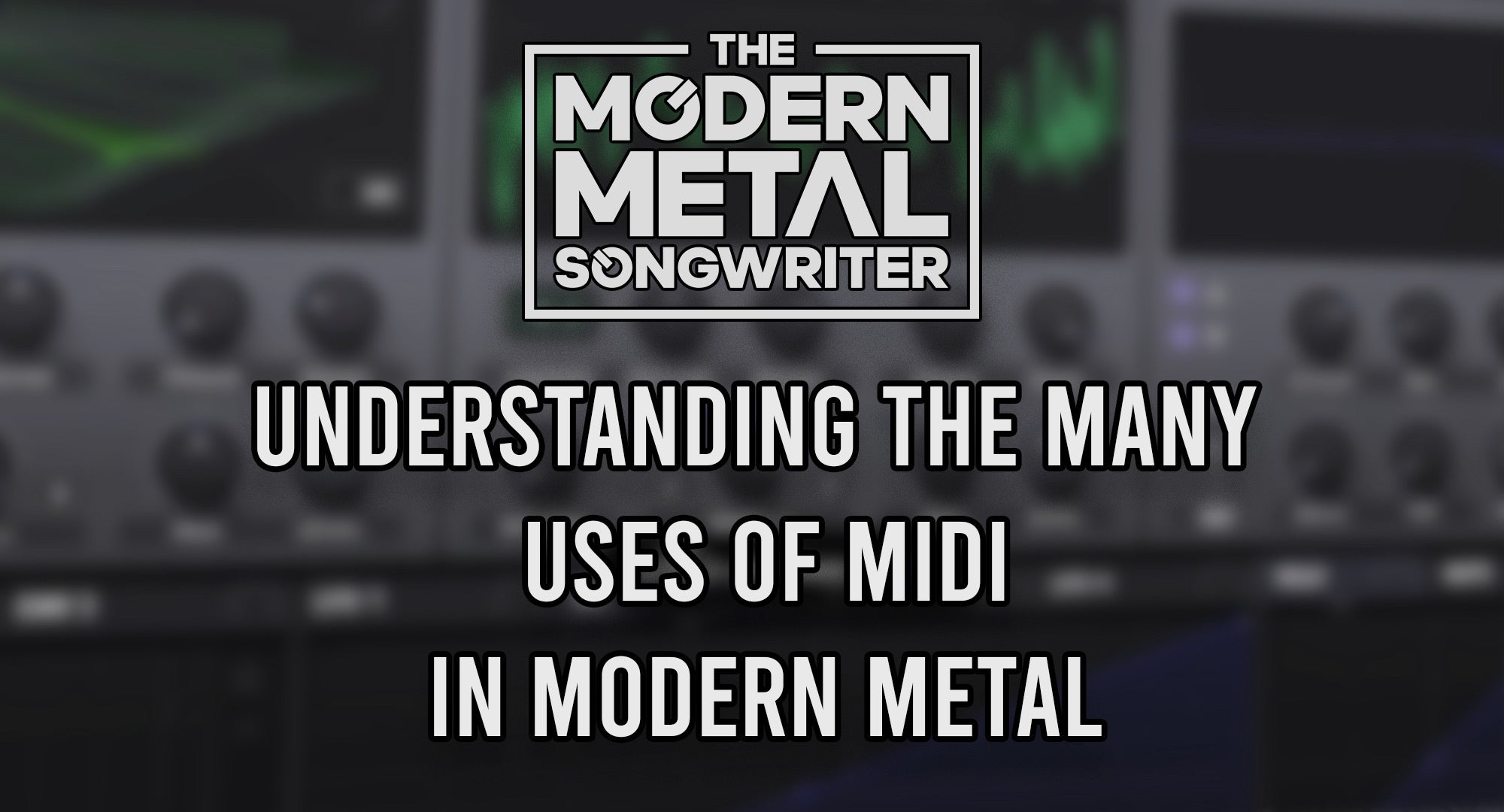As technology continues to evolve, musicians and songwriters have more tools at their disposal than ever before. One of the most exciting developments in recent years is the rise of virtual drum libraries, which allow users to program realistic drum tracks using MIDI or other digital inputs.
But as these tools become more advanced, some people are wondering: will virtual drums eventually replace the need for real drummers in rock and metal music? In this article, we'll explore this question and take a closer look at the role of virtual drums in modern music production.
Drum Programming vs Real Drummers
Drum programming has several advantages over real drumming.
- For one, it's much easier and cheaper to program drum tracks than it is to find and hire a skilled drummer.
- Additionally, programming allows for a greater degree of control over the sound of the drums, since each hit can be adjusted individually.

However, there are also several drawbacks to drum programming.
- For one, it can be difficult to program realistic-sounding drum tracks, especially for genres like rock and metal that rely heavily on the energy and feel of live drums. It can be done, but it takes a lot of time to adjust velocities and other parameters within the MIDI.
- Additionally, drum programming can be time-consuming, especially if you're trying to create complex patterns or fills that a good drummer could play in an instant.
Virtual drum libraries aim to address some of these issues by providing pre-recorded drum samples that can be programmed into a track. These libraries often feature high-quality drum sounds that have been recorded in professional studios, and they come with a wide variety of MIDI patterns and fills that can be used to create realistic drum tracks.
Some of the top virtual drum libraries include Superior Drummer, MixWave, Roomsound, Bogren Digital, and GetGood Drums.
The Role of Real Drummers in Rock and Metal Music
While virtual drum libraries are a valuable tool for songwriters and producers, they still can't fully replace the need for real drummers in rock and metal music. This is because rock and metal music relies heavily on the energy and feel of live drums, which are difficult to replicate using virtual instruments.
Imagine going to a metal show and there isn’t a drummer - it simply wouldn’t be the same without the loud percussive sounds being physically there, not reproduced by a PA system. Some bands have tried this and the experience simply feels off to many people.

(📸: Tim Cayem)
Real drummers also bring a level of nuance and variation to drumming that virtual drums can't match, yet. A skilled drummer can add subtle dynamics and accents to a drum track that make it come alive, while also reacting to the other musicians in the band and adjusting their playing accordingly in a live setting or when coming up with parts in the studio or songwriting session.
Drawbacks of Each
One major drawback of virtual drum libraries is that cymbals are notoriously difficult to replicate using virtual instruments since their sound is affected by a variety of factors. These include the size and shape of the cymbal, the angle at which it's struck, the room, and the way it's dampened. This makes it difficult for virtual drums to replicate the complex and nuanced sound of real cymbals from a human drummer.
Of course, hiring a skilled drummer with nice drums in a good room with nice engineering gear and a quality engineer can be expensive, especially for independent musicians and songwriters. This is where virtual drums can be a valuable tool, allowing musicians to create good sounding drum tracks without having to break the bank.
Conclusion
In modern metal, drums play a crucial role in creating the powerful and energetic sound that sets the foundation for most of the genre. While virtual drum libraries offer many advantages, such as affordability, ease of use for writing, and overall convenience, they still can't fully replace the feel and energy of a real drummer.
Real drummers bring a level of nuance and variation to drumming that virtual drums simply can't match, especially when it comes to playing cymbals. Additionally, while virtual drums are great for writing and producing, they still require significant time programming velocities and articulations to sound realistic and natural.
That being said, virtual drum libraries are still a valuable tool for songwriters and producers, offering a wide variety of pre-recorded drum sounds and patterns that can be used to create realistic-sounding drum tracks.
When used in conjunction with real drums, virtual drums can help songwriters and producers achieve a more polished and professional sound. Most modern metal records combine a real drum performance with samples to get the best of both worlds.
Feel free to share your thoughts about drums and everything modern metal related in our Free Facebook Group! We’d love to hear from you.



